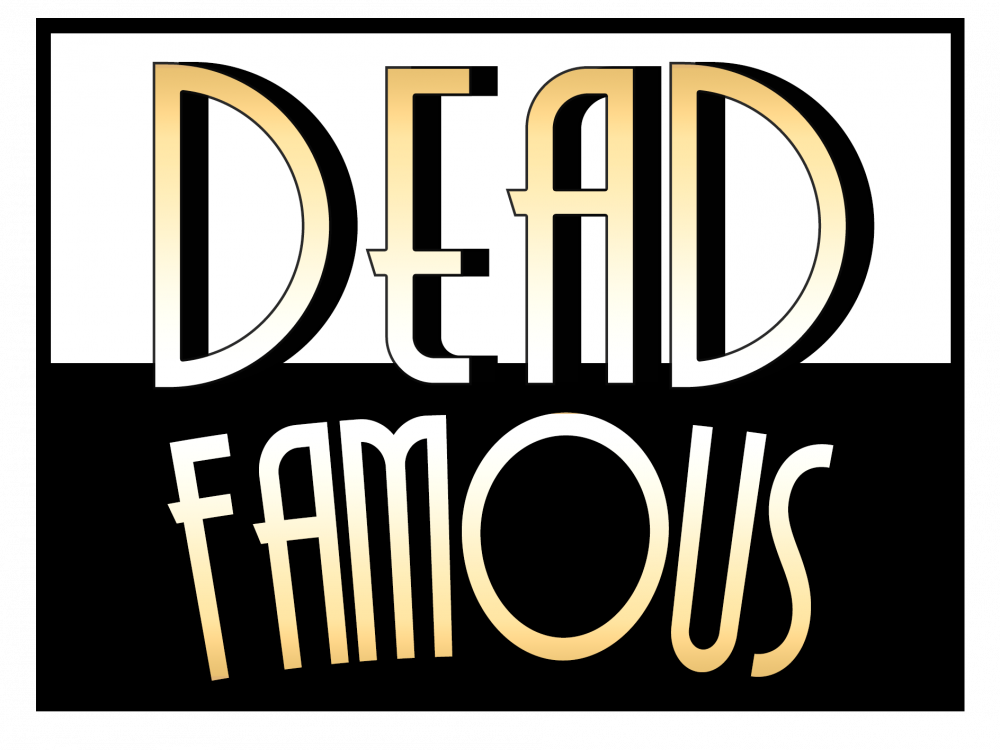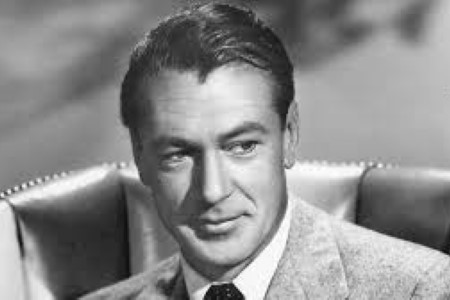Gary Cooper
Gary Cooper, originally named Frank James Cooper and born on May 7, 1901, left an indelible mark as an American actor renowned for his powerful yet understated screen persona and acting style. His remarkable career earned him two Academy Awards for Best Actor, along with three additional nominations and an Academy Honorary Award in 1961 for his lifetime achievements. Cooper consistently ranked as one of the top-10 film personalities for 23 consecutive years and stood among the top money-making stars for 18 years. The American Film Institute (AFI) honored him by placing him at number 11 on the list of the 25 greatest male stars of classic Hollywood cinema.
Spanning 36 years, from 1925 to 1961, Cooper’s career featured leading roles in 84 feature films. Rising to prominence from the silent film era to the end of classical Hollywood’s golden age, he captivated audiences with his strong and authentic screen presence. Cooper’s universal appeal crossed gender lines, and his versatile range allowed him to excel in various film genres. His ability to infuse his own personality into the characters he portrayed contributed to his natural and genuine on-screen appearances. Throughout his career, he maintained a screen persona that embodied the quintessential American hero.
Cooper’s journey in the film industry began as a film extra and stunt rider, but he quickly transitioned to acting roles. After establishing himself as a Western hero in early silent films, he rose to stardom with his first sound picture, “The Virginian,” in 1929. In the 1930s, he expanded his heroic image to encompass more diverse characters in adventure films and dramas, including notable works like “A Farewell to Arms” (1932) and “The Lives of a Bengal Lancer” (1935).
During the pinnacle of his career, Cooper embraced a new type of hero, portraying champions of the common man in films such as “Mr. Deeds Goes to Town” (1936), “Meet John Doe” (1941), “Sergeant York” (1941), “The Pride of the Yankees” (1942), and “For Whom the Bell Tolls” (1943). Later in his career, he depicted more mature characters in conflict with the world in films like “The Fountainhead” (1949) and “High Noon” (1952). In his final films, Cooper took on nonviolent roles, exploring themes of redemption in movies such as “Friendly Persuasion” (1956) and “Man of the West” (1958).
The use of images or names herein does not necessarily imply any form of management or representation or that The Celebrity Group was wholly responsible for a specific endorsement. The Celebrity Group works in partnership with many agents & managers for the supply of celebrities not represented by ourselves.



